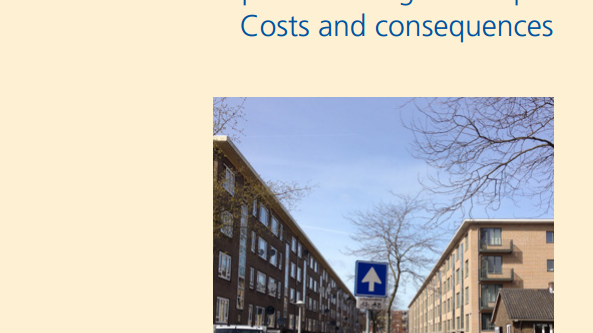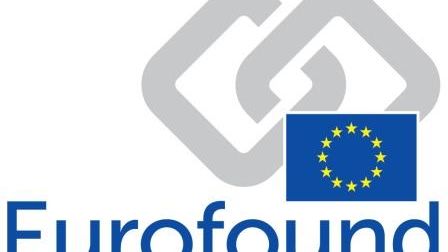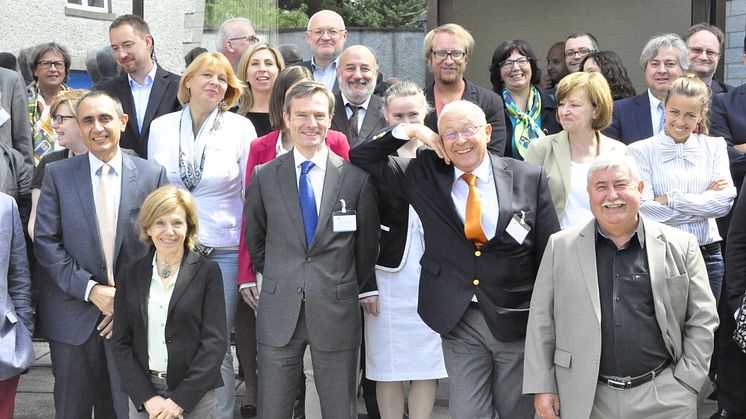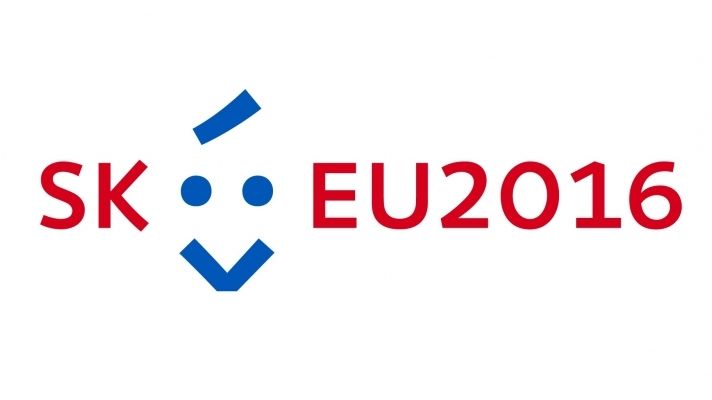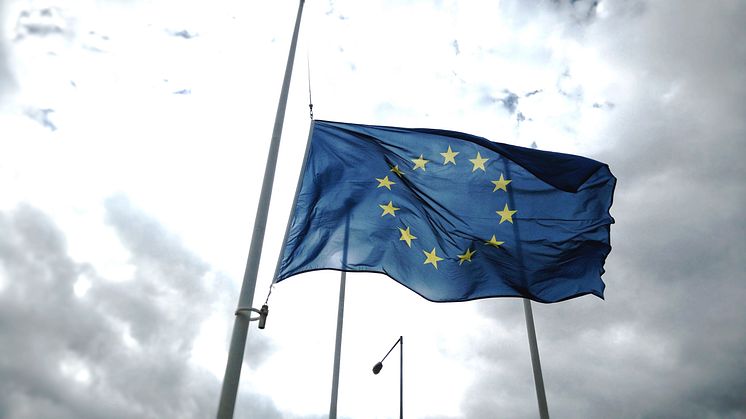Inadequate housing is costing Europe €194 billion per year
Inadequate and poor housing is costing EU economies nearly €194 billion per year in terms of both direct costs associated with healthcare and related medical or social services, as well as indirect costs such as lost productivity and reduced opportunities. The removal of housing inadequacies across the EU, or at least improving them to an acceptable level, would cost about €295 billion at 2011 pri
